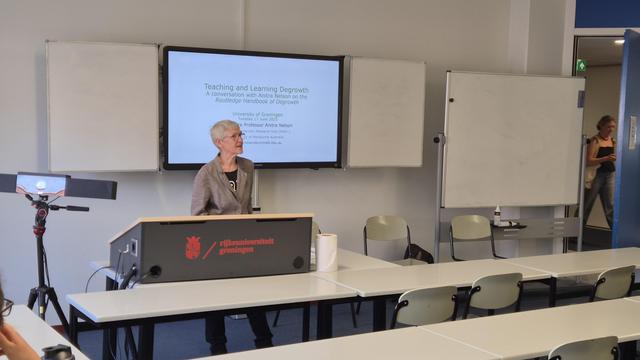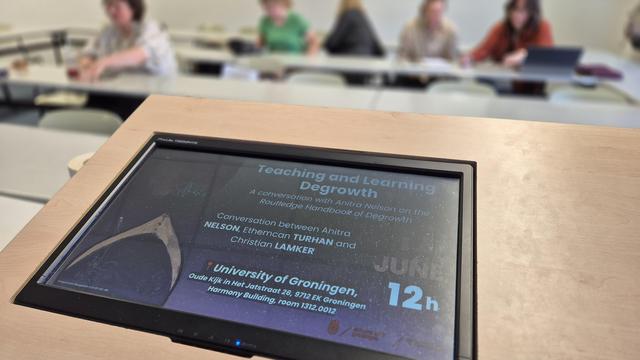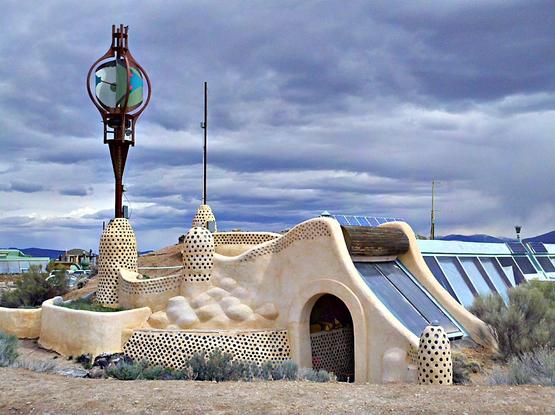#Greenland and #Iceland saw #RecordHeat in May. What does that mean for the world?
By ISABELLA O’MALLEY
Updated 1:42 PM EDT, June 11, 2025
"Human-caused #ClimateChange boosted Iceland and Greenland ’s temperatures by several degrees during a record-setting May #heatwave, raising concerns about the far-reaching implications melting #ArcticIce has for weather around the world, scientists said in an analysis released Wednesday.
"The Greenland ice sheet melted many times faster than normal during the heat wave, according to the analysis by World Weather Attribution, with at least two communities seeing record temperatures for May. Parts of Iceland saw temperatures more than 10°C (18 °F) above average, and the country set a record for its warmest temperature in May when Egilsstadir Airport hit 26.6°C (79.9 F) on May 15.
"The findings come as global leaders put more focus on Greenland, a semi-autonomous territory of Denmark, following U.S. President Donald Trump’s comments that he would like to annex the mineral-rich island.
"Burning #FossilFuels for electricity and transportation releases pollutants such as carbon dioxide that cause the planet to warm unnaturally fast. The Arctic is one of the fastest-warming places on Earth.
"Even in today’s climate, the occurrence of such a strong heat wave in the region is relatively rare, with a 1% chance of occurring in a year, the analysis said. But without human-caused climate change, such an event would be “basically impossible,” said Friederike Otto, associate professor of climate science at Imperial College London, one of the report’s authors.
"The extreme heat was 40 times more likely compared to the pre-industrial climate.
Global impacts from a melting Arctic
"Otto said this extreme weather event affects the world.
"As the Greenland ice sheet melts, it releases massive amounts of fresh water into the salty oceans. Scientists say this could slow down the Atlantic Meridional Overturning Circulation [#AMOC], an ocean current that circulates water from the Gulf of Mexico across the Atlantic Ocean to Europe and then the Arctic.
"Such a slowdown could disturb global climate and weather patterns.
“The nature of weather in the Northern Hemisphere is directly tied to what’s happening in the Arctic, because that ice floor basically at the bottom of the atmosphere helps determine the weather patterns that we get,” said Waleed Abdalati, who heads an environmental sciences institute at the University of Colorado Boulder. He was not involved in the WWA analysis.
"The Greenland ice sheet and other ice covering the Arctic can influence where and when wind blows, how much water content the wind has and whether precipitation falls as rain or snow.
"Most of the melting of the Greenland ice sheet happens in June, July and August. The May heat wave means there will be a longer melting season this year.
"Melting ice sheets and glaciers also contribute to #SeaLevelRise that is threatening to flood coastlines globally and inundate low-lying island nations in the Pacific Ocean.
"#Indigenous communities in Greenland are increasingly encountering dangerous travel conditions as sea ice that was once constantly frozen begins to thaw. Access to traditional hunting locations are lost, and sled dogs can no longer travel the same routes. Thawing #permafrost can destabilize buildings and increases the risk of #landslides and #tsunamis caused by landslides."
Read more:
https://apnews.com/article/iceland-greenland-heat-wave-arctic-climate-weather-2f156f6a0c6d1d5f7f3881917c539b83
#GlobalWarming #ClimateCrisis #GlobalHeating #ClimateCatastrophe #FossilFuels #RenewablesNow #BigOilAndGas #Degrowth #Oiligarchy #Capitalism






